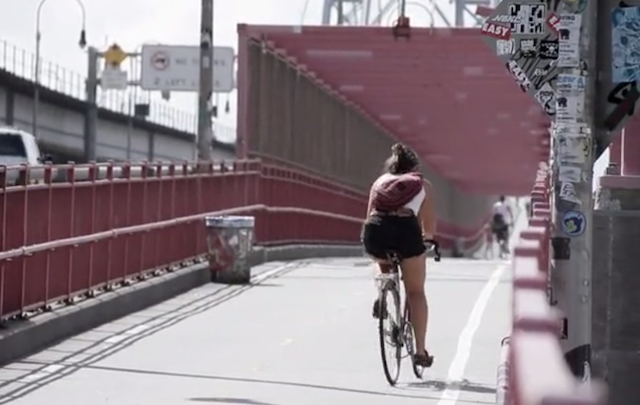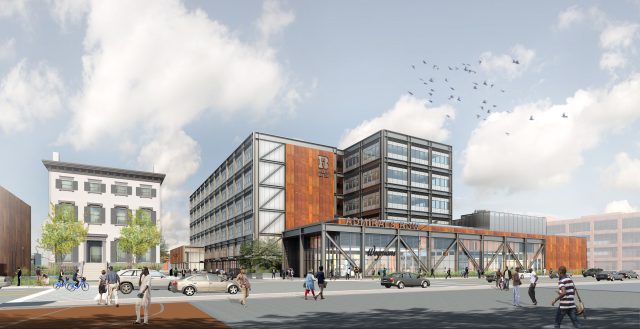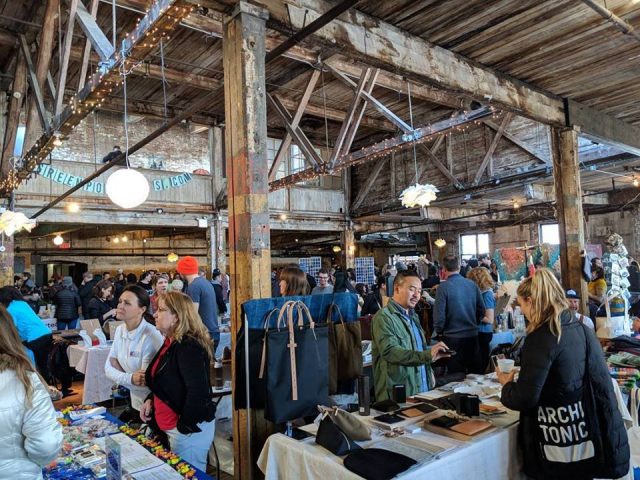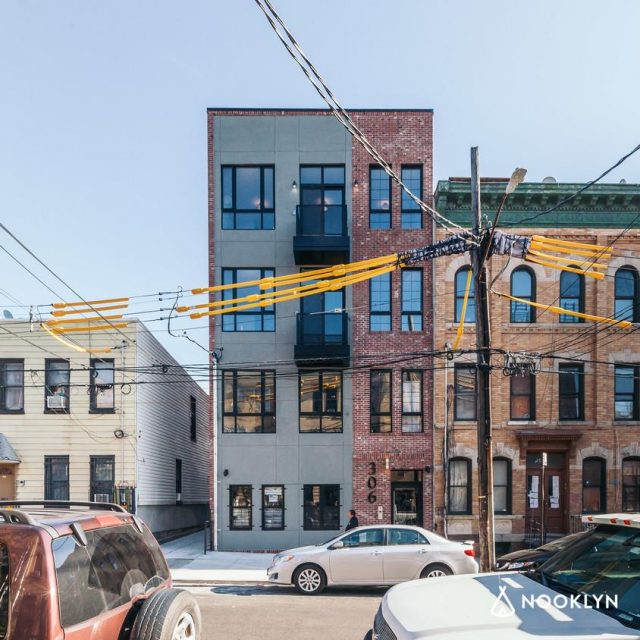
New York City’s bike culture has undergone a massive change in the last ten years or so, thanks in part to an increase in attention from City Hall. Of course, just because we have Citi Bike and bike lanes and bike-friendly policies doesn’t mean the argument about cycling in the city is over. Not by a long shot. Spoke, a new short documentary from Heather Quinlan, manages to synthesize every argument over cycling in the city into one 15 minute documentary, all while providing some sweet Google Glass first-person views of what it’s like to ride a bike in New York right now.
Quinlan captures the irrational (bikes are for North Koreans! I have to be a more cautious driver now!) and rational (cyclists should respect pedestrians, Citi Bike is way too expensive) while talking to people from both sides of the debate dealing with whether or not bikes are good for the city.
Quinlan manages to give a human face to both bike extremists like the hilariously brusque Bill Weinberg, who describes cars in a fashion after our own hearts by calling them “toxic-belching death machines” and bike lane opponents like Dennis Hamill of the Daily News, who sees the bike lanes as a symptom of a changing New York. Of course, she also manages to find someone who seems to make the case that cars are a more efficient system of getting around in a city of 8 million people.
And Quinlan does capture, it should be said, plenty of cyclists behaving badly, salmoning, yelling at pedestrians and otherwise being jerks. Which you shouldn’t do. But in going down the hierarchy of what can kill you, one interview subject phrases it perfectly: “A pedestrian is a pedestrian, a bicyclist has equipment that can hit somebody, a car has much bigger equipment that can hit bicyclists and pedestrians.” So it’s a good thing the NYPD takes speeding so darn seriously, huh?
8 Comments
Leave a Reply




“My dad escaped North Korea so he wouldn’t have to ride a bike to work. And here we are in the greatest city in the world, and people want to ride their bike to work. I don’t get it.”
Seriously? That’s the reason your father escaped North Korea?
And is it really pro-American to forcibly prevent people from commuting to work how they want to?
nyc is a geological anomaly where a sliver of solid bedrock was left behind, surrounded by water, from the retreat of the last ice age. that is why manhattan has skyscrapers built right next to each other with 100 stories of infrastructure under ground. the subways and tunnels of this city is the only way 8 million people can live in such proximity with 50 million annual tourists and millions more daily workers commuting from the tri-state area. because of the vertical design and population density and consumer culture of this city, the 6,000 miles of roads are ALREADY overburdened and cannot withstand 20% of it’s population riding bikes to work just cause they “want to”.
as to the “eco-friendliness” of cycling, let me that all living things are carbon based. aerobic activity causes greater breathing which releases carbon. it also increases food intake and waste which releases even more carbon. and unless you are growing your own, all food products are produced, processed and transported in ways that produces more carbon. your clothes that are exposed to the elements and sweat may require more washing and care which also leaves an environmental footprint. let’s not forget the metal, plastic, rubber and paint for the construction of and maintenance of all those bikes, bike stand and bike lanes. and last, but not least, we have all those cars and trucks that sit longer in traffic and spend more time circling around looking for parking spots that were taken away from bike lanes and bike racks. bottom line is that unless we live more sparsely, like communists eating that own two suits and eat two bowls of rice a day, it’s very difficult to drastically alter the carbon footprint of a city with 8 million people living in a consumer society.
are you ok
ben lee sez: “because of the vertical design and population density and consumer culture of this city, the 6,000 miles of roads are ALREADY overburdened and cannot withstand 20% of it’s population riding bikes to work just cause they “want to”.
Exactly. I couldn’t agree more. The city’s infrastructure is already overburdened and cannot stand all the pollution-spewing, space-hogging, noise-making, asthma-inducing, pedestrian-killing cars that are being used just because someone “wants to” get to work sitting alone is a big chunk of deadly steel and plastic instead of using the great alternative options we do have in this city such as public transportation and bicycles.
Great job Quinlan for capturing the sentiments of some of the most radical and deranged New Yorkers out there. None of the people interviewed here, with the possible exception of the citi bike cyclist, strikes me as in any way reasonable or typical of the average New Yorker. From the radical anti-car anti-corporate zealot who’s gone so far as to scrape away any traces of a brand name from his bike to the renowned anti-bike lane zealot Denis Hamill to Mr. my father escaped North Korea because he hates bikes, these are all extreme opinions voiced by extreme individuals. Sort of interesting to watch, but not at all representative or informative.
yeah, let’s ALL ride bikes. good luck supplying all the raw materials this city needs with bikers or rickshaws. like it or not, tourism is the second biggest industry in this city. let’s tell them all to eat home grown lettuce and buy their souvenirs from online catalogs. funny how people who hate traffic and pollution would move to a city with 8 million people.
do you live here because you like pollution?
nobody likes pollution. but at least some of us are realistic enough to understand the tradeoff when deciding to move to a city with 8 million people, millions more daily commuting workers, and over 50 million annual tourists. i.e. traffic and pollution. even the most bike friendly cities in the world have designed bike lanes primarily in the surrounding areas with major bike lanes leading to storage areas at bus terminals. travel into the the most urban sections are done on foot or mass transit. check out any overpopulated metropolitan area. their most urban “down town” areas have much less bike traffic as the population density demands heavy truck traffic to service their consumption needs.